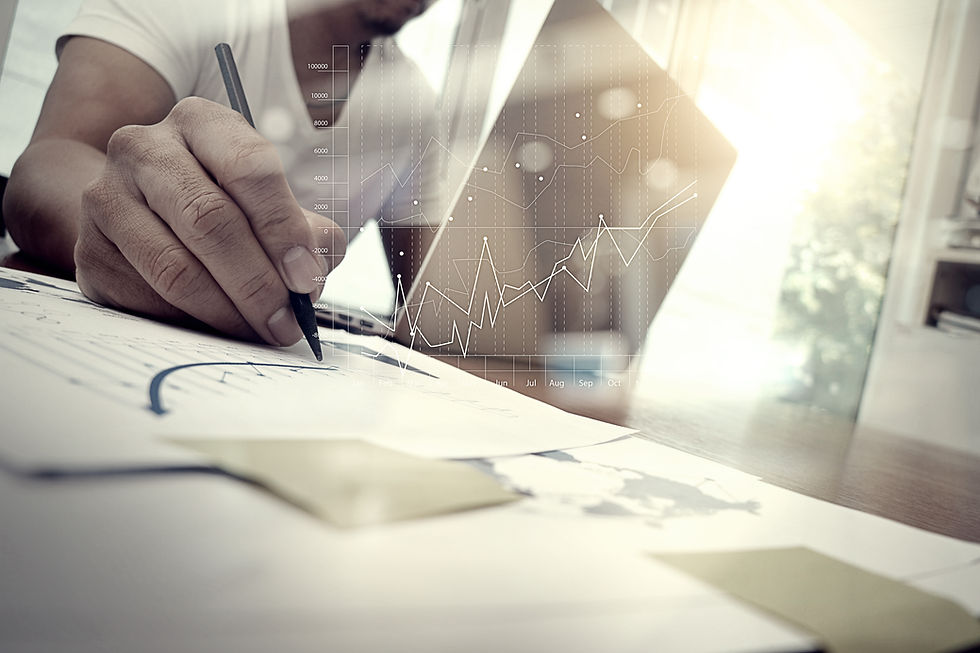Do I really need to become a reflective practitioner ?
- s00303722
- Mar 31, 2021
- 3 min read
"Reflection can mean all things to all people … it is used as a kind of umbrella or canopy term to signify something that is good or desirable" (Smyth 1992)
When I think about this driving question, "do I need to become a reflective practitioner?" I find myself automatically reflecting. I begin asking myself questions mentally, how do I feel? Why do I think this? Will this change the way I am as an educator? Is this beneficial to my learning and my students? Reflection is an essential tool for not only teachers, but for the majority of our jobs and choices we make in our lifetime. Reflection allows for growth; it allows human beings to think about a particular moment in time and find what worked and what needed improvement. In most cases, this then guides the following steps and choices for individuals.
The Gibbs reflective cycle looks at six key points, description, feeling, evaluation, analysis, conclusion, and action (1988). These points come effortlessly to everyday thinking and everyday reflecting; we do not realise it. When we think about what we are going to order to eat, we subconsciously begin to reflect, using this cycle. This usually ends when we get to the counter and make our decision. If we reflect in our everyday life to make everyday decisions like food ordering, why would it not be necessary for our profession?

For ten years, I have worked with children, constantly observing them, planning for them, reflecting on my planning, and reflecting on myself as an educator. If I had not spent my time reflecting all these years, I could not have grown professionally and therefore do not believe I would have been practicing my profession to the best of my ability.
In the book "becoming a reflective practitioner," 4th Edition, Christopher Johns talks about the importance of Reflection. John's states, "Sometimes, the practitioner is faced with situations that do not go smoothly, requiring the practitioner to pause and stand back to consider how best to proceed. This requires a shift in thinking and contemplating new ways of responding". Although this can feel like a negative experience for some, it usually results in the experience becoming more positive, more beneficial, and more practical for the learner, especially in the classroom.
When I picture my future classroom, I can see that I will ask children to reflect through every subject, every moment, and every experience. Reflect on both positive and negative experiences. This will assist them in their learning environment and enable reflective thinking to be a process that they can take with them through life. As stated in this blog, I agree that being a reflective practitioner is vital for being a pre-service teacher. It is a tool that will forever give back and allow growth.
Reflection is a journey that will only empower teachers and students, but will make room for success and effective learning in all aspects of our life.
Reference List
Ferarro, J, M (2000). Reflective Practice and Professional Development. Eric Development Team. https://files.eric.ed.gov/fulltext/ED449120.pdf
Johns, C. (2017). Becoming a reflective practitioner (5th ed.). Wiley-Blackwell.
Johns, C., & Burnie, S. (2013). Becoming a reflective practitioner (4th ed.). John Wiley & Sons.
Potter, Christopher. (2015). Leadership development: an applied comparison of Gibbs’ Reflective Cycle and Scharmer’s Theory U. Industrial and Commercial Training, 47(6), 336–342. https://doi.org/10.1108/ICT-03-2015-0024


Comments